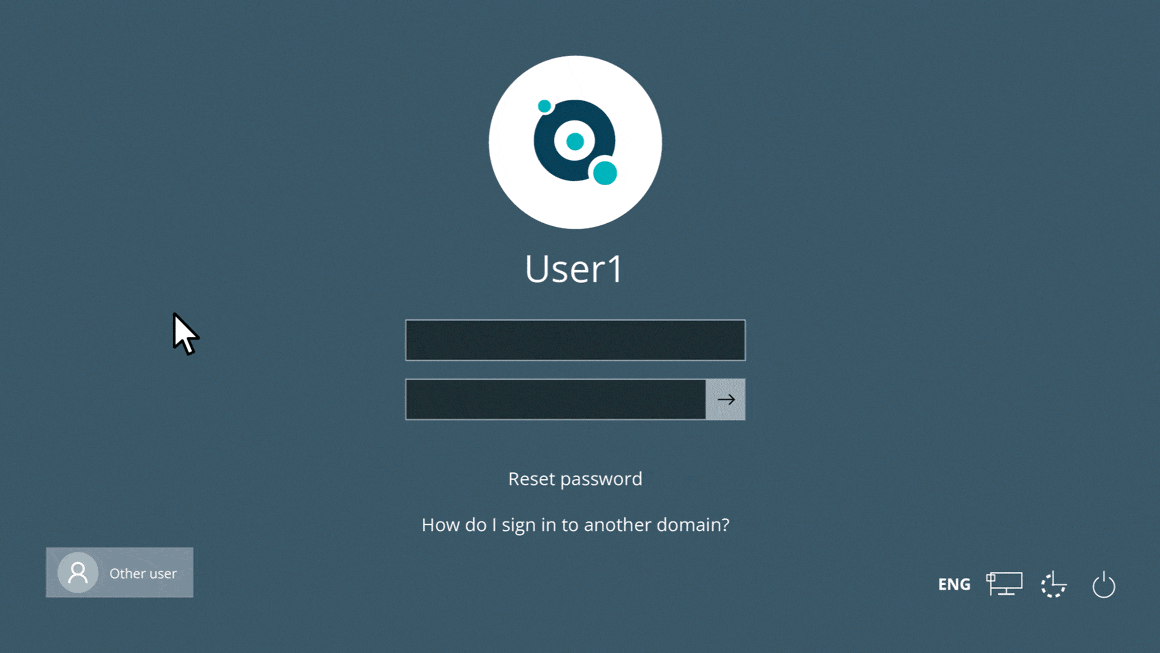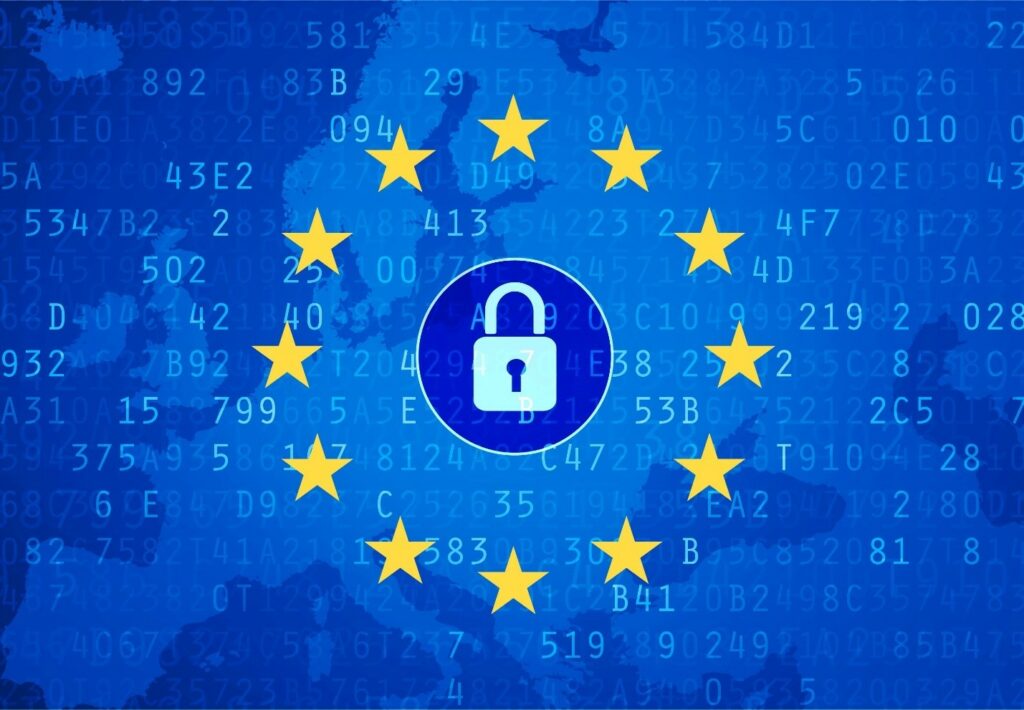This website uses cookies to ensure you get the best experience on our website. Learn more
Modern Password Protection Requires MFA
Microsoft found passwords are attacked 1287 times per second. The number of attacks on the password mean the password is more vulnerable than ever. Modern Active Directory password protection must include a layered approach. Specops Secure Access adds this important MFA layer to the Windows logon, RDP and VPN authentications. Together with Specops Password Policy, organizations can ensure their Active Directory password defenses are more complete.
-
Increase Security for Windows Logon, RDP and VPN connections
- Secure authentications at the Windows logon (and unlock) screens with a second factor to better protect against password attacks
- Add a second layer to VPN connections in Windows environments, ensuring the user connecting to your network is who they say they are
- Harden Remote Desktop Protocol connections with a second factor to better secure remote access
-
Fulfill compliance and cybersecurity insurance requirements
- Ensure your cybersecurity insurance rates remain reasonable or avoid being denied coverage
- Fulfill cybersecurity compliance requirements like that of NIST and PCI
- Comply with privacy regulations like GDPR and HIPAA
-
Offline mode ensures access to your network and end user devices remains protected at all times
- Offline authentication methods like OTP authenticators ensure end users can authenticate even during connection interruptions
Features
We help increased your defenses against Active Directory password attacks with another layer of protection with MFA for Windows Logon, RDP and VPN, making it harder for attackers to gain unauthorized access to your network.
- Enforce MFA for Windows logon, adding a second factor to the Active Directory logon
- Enable MFA for Virtual Private Network (VPN) connections that support the RADIUS protocol
- Apply MFA for Remote Desktop Protocol (RDP) connections, strengthening remote access security
- Allow users to authenticate with biometrics or push notifications without an existing 3rd party identity service with the included Specops:ID mobile app
- Allow users to authenticate with text message, hardware tokens like Yubikey, or 3rd party providers like Microsoft Authenticator and Google Authenticator
- Secure offline logons with One-Time-Passcode (OTP) authentication
- Customizable “remember me” settings to reduce the number of MFA prompts a user experiences at logon/unlock, VPN or RDP
- Granular, GPO-driven targeting for any GPO level, computer, user, or group population
Gartner customer reviews
See what satisfied customers on Gartner Peer Insights had to say after buying and deploying Specops solutions.
Try Specops Secure Access for free
Modern password security requires more than just password protections. See how Specops Secure Access can fit with your organization and reduce your attack surface with one simple Active Directory based MFA step.
Need more info?
Downloads and resources
- [New research] Are VPN passwords secure? Two million malware-stolen passwords say no.Today, the Specops research team is publishing new data on VPN passwords that have been stolen by malware. In total, our threat intelligence research team found 2,151,523 VPN passwords that have been compromised by malware over the past year. These are all real stolen passwords chosen by end users to access VPNs, and they all…
- NIS2, passwords, and MFA: Everything you need to know MFA and password security are key considerations in several regulatory frameworks, and NIS2 is no different. The NIS2 Directive is an important piece of legislation for anyone working in cybersecurity across the European Union. The latest updates to the NIS2 (Network and Information Systems) regulations were published in the Official Journal of the European Union…



